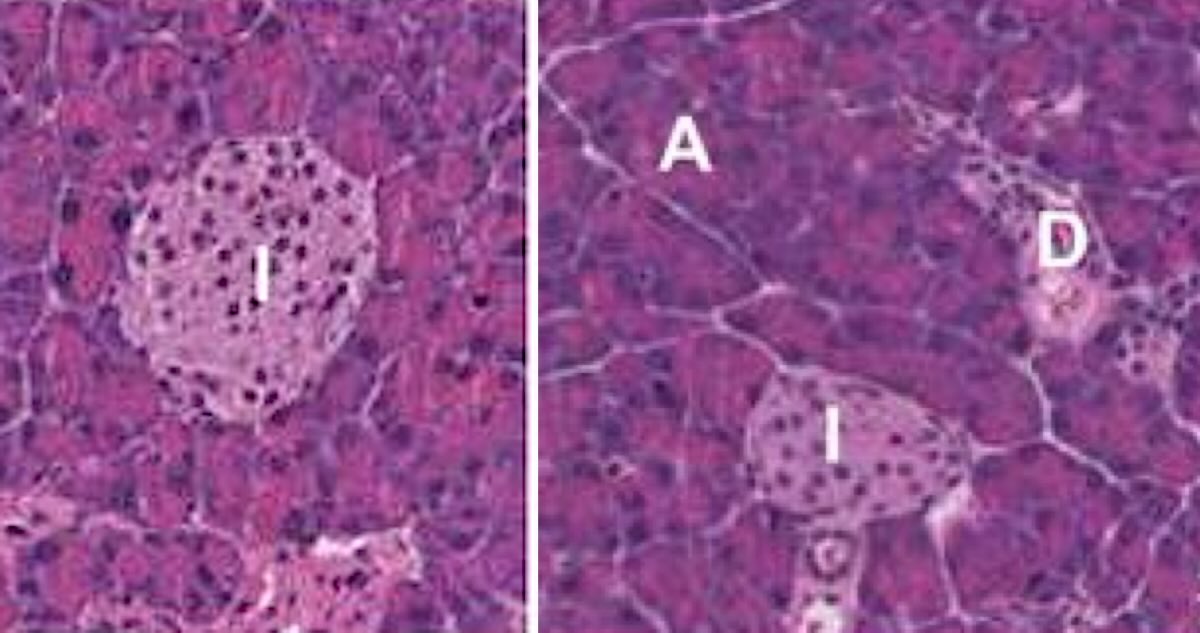Heroes
New Implant Offers Hope for Tough-to-Treat Cancers

Quick Smiles:
- A new implant shows promise in tackling challenging cancers like metastatic melanoma and pancreatic tumors.
- An innovative “cytokine factory” safely triggers potent immune responses.
- Preclinical trials demonstrate both efficacy and safety in mice and non-human primates.
In the bustling labs of a university’s Biotech Launch Pad in Houston, Texas, researchers have developed an innovative implant that could change the way we treat some of the most aggressive cancers.
This cutting-edge device, known as the “cytokine factory,” is designed to safely provoke strong immune responses against tough-to-treat cancers, including metastatic melanoma and colorectal tumors.
Positioned near the tumor microenvironment, the implant releases interleukin-12 (IL-12), a protein that effectively summons precursor exhausted T cells (Tpex cells).
This recruitment process leads to a robust and lasting population of T cells that target tumors, as detailed in a study published in a scientific journal.
“We designed the IL-12 cytokine factory to enhance immunotherapy approaches while minimizing toxicity, a critical need in the treatment of particularly aggressive cancers,” stated a senior author and faculty director of the Biotech Launch Pad.
The IL-12 cytokine factories, when used alongside checkpoint inhibitors, have shown success in eliminating both local and distant tumors in preclinical models of metastatic melanoma, as well as colorectal and pancreatic cancers.
These findings also confirmed the safety of the technology in both mice and non-human primates.
The study’s promising results will pave the way for an investigational new drug application with the U.S. FDA early next year.
Additionally, the team plans to establish a biotech company to further develop the IL-12 cytokine factory technology.
“IL-12 is particularly impactful compared to other cytokines, as our research demonstrates that other cytokines primarily recruit homogeneous T cell populations and show reduced efficacy over time, while IL-12 generates a more robust anti-tumor response by recruiting a more durable, broader repertoire of tumor-targeting T cells,” explained a researcher from Stanford University.
He noted that while immunotherapy for solid tumors is common, it often faces challenges due to toxicity concerns.
“Our study demonstrates not only the efficacy of this technology in preclinical models but also its safety profile, which is a critical aspect as we move toward clinical trials.”
This development marks an “important step forward in the quest to provide more effective treatments” for those fighting metastatic cancers.
“We are hopeful that this technology will significantly impact the lives of cancer patients by enhancing the efficacy of immunotherapy approaches in the clinic,” added the senior author.
It’s a bright day for cancer research, and sharing this news could spread hope to many.

-

 Cute Animals2 years ago
Cute Animals2 years agoPuppy Love Patrol: Service Dog Swoons Over K9 Officer Neighbor
-

 Cute Animals3 years ago
Cute Animals3 years agoHugs, Hooves, and Happiness: Newborn Donkey Steals Hearts by Demanding Affection [Video]
-

 Cute Animals2 years ago
Cute Animals2 years agoWATCH: A German Shepherd’s Surprising Parenting Instinct for Lost Ducklings!
-

 Cute Animals3 years ago
Cute Animals3 years agoPetty Pup Pulls Off Hilarious Bone Heist [Video]
-

 Heroes2 years ago
Heroes2 years agoA Lost Dog’s Bark Leads to a Lifesaving Discovery
-

 Cute Animals3 years ago
Cute Animals3 years ago“Pure Love”: Adopted Rescue Dog Can’t Hide How Grateful He Is [Video]
-

 Cute Animals3 years ago
Cute Animals3 years agoTiny but Mighty: Cat with Dwarfism Becomes Internet Star as Owners Adapt Backyard for Her Comfort
-

 Cute Animals2 years ago
Cute Animals2 years agoAdorable Puppy Steals Hearts After a Tiring Swim [Video]